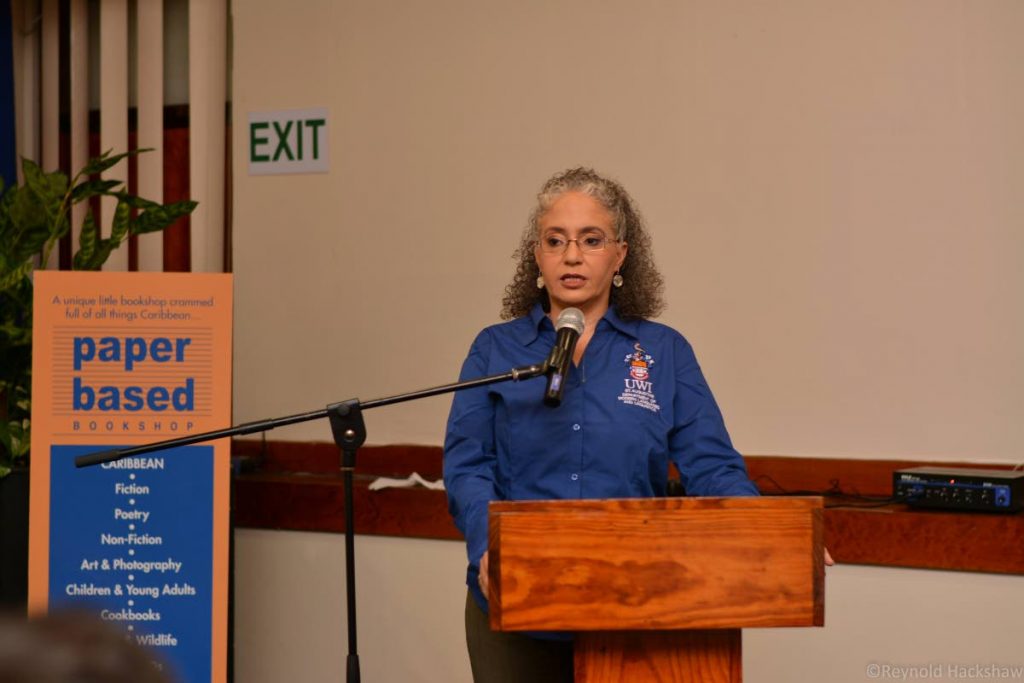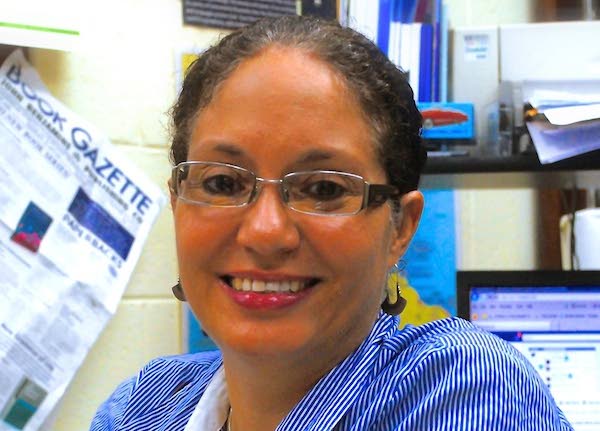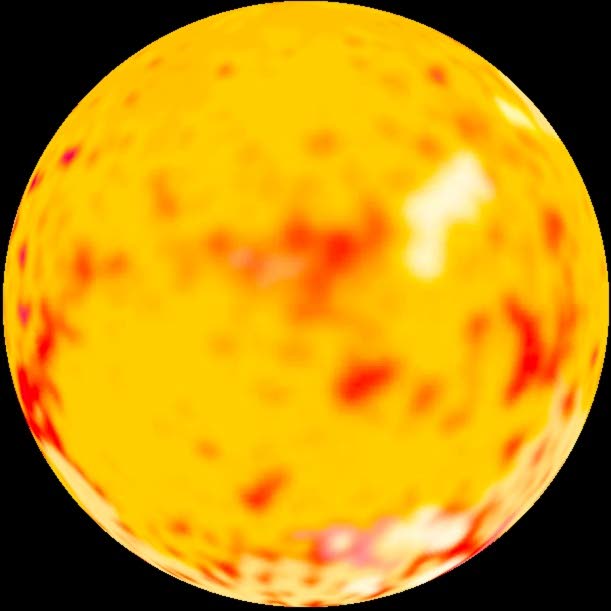Dingolay, Ramajay names for star, planet puts patois in heaven

UNIVERSITY of the West Indies (UWI) linguistics lecturer Dr Jo-Anne Ferreira did not expect to win an international competition to name a star and an exoplanet, but she did.
Her two submissions won the local vote in the International Astronomical Union's (IAU) competition which gave countries and territories an opportunity to name an exoplanet (a planet outside the solar system) and its hosting star. It was how the IAU wanted to mark 2019 as its 100th anniversary and the UN's International Year of Indigenous Languages by allotting 112 exoplanets and the stars they orbit for naming.
A yellow, giant star located in the Leo constellation, that is 515 light-years away, nine billion years old, and numerically identified as 96063, is now known as Dingolay and its exoplanet, Ramajay, because of Ferreira. She said she saw an advertisement for the competition on a UWI Facebook page and entered because she likes naming things.
“I just entered it because I am a linguist and I like names – proper names, place names – and I like to investigate meanings and etymologies. The way they expressed it, having to link your choice of names to national history, heritage, culture, I said ‘Hey, that’s what I do, all the heritage cultural languages,’ so I decided to think on it.”

Ferreira had put it aside to focus on later when she met a dog named Dingolay. As a dog lover she thought both the dog and its name were cute, and then concluded Dingolay was a perfect name for the star.
She went and researched the word in the TT English/Creole dictionary and liked the meaning. She had to come up with a pair of names so if more entities were found in the system, the theme could be extended to naming them. With a little more research she found Ramajay, which mainly means to sing and make music, which was related to Dingolay meaning to dance.
There were nine other finalists who used words related to Amerindians, Indians, folklore, Carnival and more, which Ferreira found were all great but liked her names more.
Initially she was surprised and excited when she heard she won, which soon turned to a deeper appreciation. “They are both patois words and patois (which in TT equates to French creole) is endangered in Trinidad. I felt it was amazing that one of our endangered heritage languages is now up in the heavens. To me it’s a big win for patois, it’s a big win for Caribbean linguistics, for UWI because I suspect my colleagues are rather pleased someone from UWI got it. It just feels to be good to be a tiny part of history.”

Ferreira said she found her win amusing because she knows nothing about the field of astronomy. She said her interest never went beyond an astronomer friend who liked to explain certain things on the topic, but she had great respect for the field.
“The only part of astronomy I was interested in, which many astronomers would probably kill me for saying, is the fact that we have all these creations up in the sky that I can’t see with my naked eye. The fact that all this is part of our universe and we are all connected to it, that’s the part that fascinates me. I don’t know anything about the science of it. I am interested in all of humanity and anything that affects humanity.”

She said she had never even heard the word exoplanet before, but it had her doing research on them and found what she learned fascinating. She said it was humbling and she felt in awe of God’s creation.
She added that after winning she discovered Psalm 147:4 which says, “He determines the number of the stars and calls them each by name,” and it cemented that awe as well as her respect for those who study the stars.
Ferreira said when she was told that she won a telescope she did not know what to do with it but she was informed that with it she could see the planet and star she named. Therefore she intends to get lessons from her nephew and friends on how to use it properly.

Comments
"Dingolay, Ramajay names for star, planet puts patois in heaven"